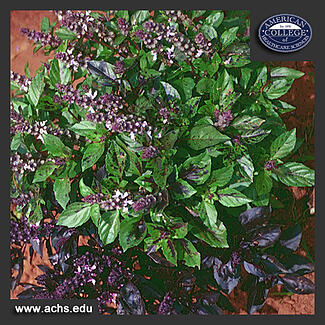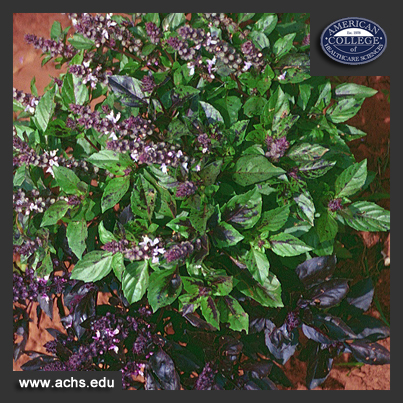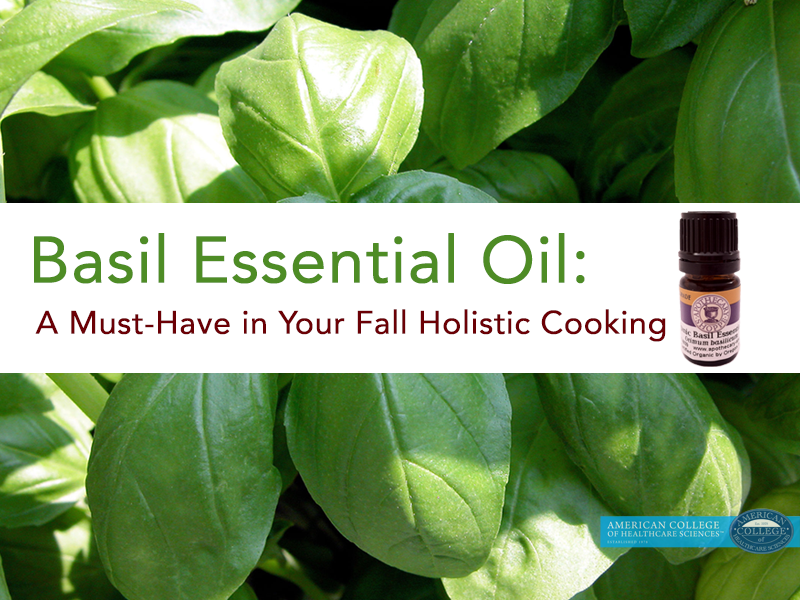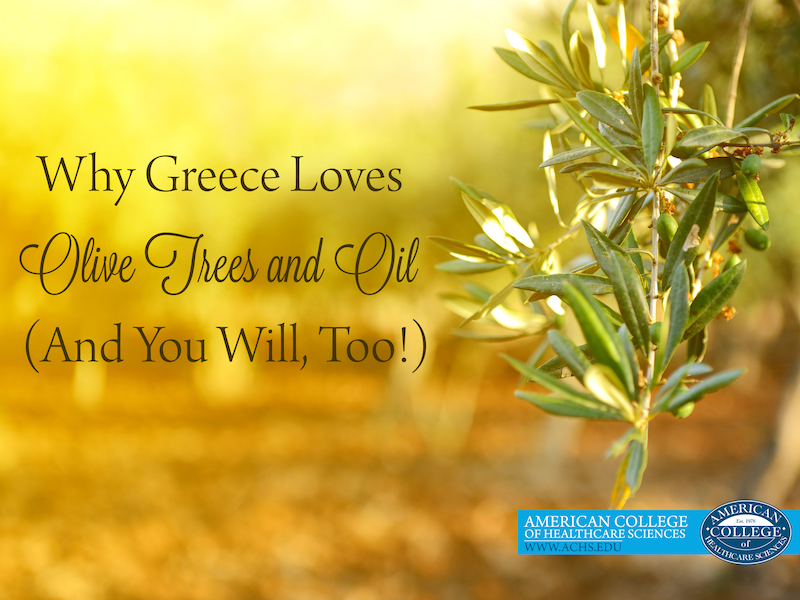 Portland radio personality Mike Darcy recently interviewed me about the health benefits of basil for his show In the Garden! Basil has been prolific in Portland, Oregon, gardens this year. Hopefully you were able to harvest your basil or perhaps you're still looking around your garden and thinking, What am I going to do with all this basil? Whether you choose to share it with your friends and family, harvest and dry it, or are still eating it fresh in all your late summer/early fall meals ... don't waste it! Basil is a powerful medicinal that tastes great as well.
Portland radio personality Mike Darcy recently interviewed me about the health benefits of basil for his show In the Garden! Basil has been prolific in Portland, Oregon, gardens this year. Hopefully you were able to harvest your basil or perhaps you're still looking around your garden and thinking, What am I going to do with all this basil? Whether you choose to share it with your friends and family, harvest and dry it, or are still eating it fresh in all your late summer/early fall meals ... don't waste it! Basil is a powerful medicinal that tastes great as well.
There are several varieties of basil, but the two most commonly used for their medicinal benefits are sweet basil (Ocimum basilicum) and holy basil (O. sanctum), also called tulsi in Hindi. Both sweet and holy basil have the constituent called cineole, which is attributed with antibacterial, antiseptic, and antifungal properties.
Historically, basil was thought to protect people from evil spirits, and you can still see it hanging to dry or growing in doorways throughout Europe today. And, why not? As you brush past basil when you enter a doorway, an aromatic "mist" of active constituents is released with all their health benefits, which lends a feeling of protection. Who couldn't benefit from a little extra protection?
But, if you're not interested in hanging herbs from your doorway, there are several ways you can easily introduce basil—and other fresh herbs—into your daily diet.
Basil is delicious fresh from the garden. Add it raw to your salads or nibble on a few sprigs as a snack. You can also add fresh basil to your cooking. However, it's important to remember that the aromatic components in herbs, like basil, are volatile and you do lose some of the medicinal value of the plant when cooked. Be sure to add basil towards the end of the cooking process. And, when making basil tea (especially helpful when you feel a cold coming on), leave the lid on the teapot to ensure the aromatic, volatile constituents are not escaping.
Do you remember the aroma of mothballs coming from grandma's linen closet? If your basil conjures up those memories, you're growing a variety of basil with a high camphor content that is not recommended medicinally. Don't worry—you can still make good use of the herb in your house. Harvest your camphor basil (O. kilimandscharicum), lavender (Lavandula angustifolia), and rosemary (Rosmarinus officinalis), dry and then crumble the leaves. Place a large spoonful of this mixture in small muslin bags, and you have an excellent natural moth repellent to hang in your closets throughout the winter months, which will keep them sweet smelling and moth free.
And don't worry if you didn't plant basil this year or missed the harvest window. Basil essential oil ensures the plant is available year-round. Keep a couple of bottles of basil essential oil in your medicine chest and in your spice rack. Basil essential oil has FDA Generally Recognized as Safe (GRAS) status, which means it is safe to use in your cooking. Just a few drops of the essential oil added at the end of your cooking will liven up any pasta sauce. So, not only is your pasta yummy and nutritious, but the basil provides that tonic uplifting boost so excellent for use during winter or low-light months.
If you are feeling really creative, blend your basil essential oil with bergamot (Citrus aurantium var. bergamia), clary sage (Salvia sclarea), lime (Citrus aurantifolia), and rosemary (R. officinalis). A few drops of each diffused throughout your home will help to keep those winter germs outside where they belong.
And if you have a night to relax in the bath in your future, prepare this blend in advance! Massage it into your scalp, wrap your head in a hot towel, and inhale the spicy aromas as you drift off shrouded in a medicinal, protective basil mist ... and your hair will thank you! Here's a recipe you can try at home:
Hair Loss Tonic Oil
- Atlas cedarwood Cedrus atlantica oil: 2 drops
- Basil Ocimum basilicum oil: 10 drops
- Lavender Lavandula officinalis oil: 20 drops
- Rosemary Rosmarinus officinalis oil: 20 drops
- Thyme Thymus vulgaris oil: 2 drops
Mix the oils together in a ½ ounce amber or opaque bottle, and use as a concentrate or blend into 1 ounce of grapeseed oil with the addition of 1 teaspoon of jojoba oil. If you are using the concentrate, massage a few drops into your scalp nightly or apply a few drops to your hairbrush. This oil is wonderful for adding shine to your hair and stimulating growth without leaving your hair greasy. If you are using the diluted formula, massage into the scalp for a minimum of two minutes and follow with a warm towel to aid absorption. Relax in the bath and enjoy.
BUT—if you're not a "relax in the bath" kind of person, you can also try basil essential oil in the shower on a hot washcloth for an early morning stimulant blend when fatigue is a problem.
No matter how you use it, just do it, and a healthier winter is on your horizon.

For more information on basil, listen to my full interview with Mike Darcy at http://www.kxl.com/common/global_audio/418/105077.mp3 Just click on the left arrow and enjoy!
The American College of Healthcare Sciences's Apothecary Shoppe College Store also has free identification and culinary information on the website here. Free essential oil formulas can be found here.
If you have questions about how to use your garden-fresh basil, post them! Or, if you have recipes to share, post those, too! I'd love to chat with you further.
This article is for informational purposes only. It is not intended to treat, diagnose, cure, or prevent disease. This article has not been reviewed by the FDA. Always consult with your primary care physician or naturopathic doctor before making any significant changes to your health and wellness routine.





